Shockingly, nobody in Malta taking part in a European wide survey responded that they would drink water from the tap.
Is it really that shocking though? Maybe it's something we sadly have just accepted in Malta, that people who drink the tap water directly are few and far between.
However from talking to many hundreds of TAPP Water customers we know that there is a strong dislike also for plastic bottles, and an increasing concern over the use of plastic and the quality of water contained in plastic bottles in Malta.
So change is happening in Malta at the consumer level, and at the infrastructure level Water Services Corporation is always making investment to improve water quality in Malta.
The European Commission's public consultation on the quality of drinking water was undertaken in 2014-2015 and the resulting ECORYS report "Analysis of the public consultation on the quality of drinking water 2015" gave valuable insights into citizens' perceptions of the quality of drinking water and patterns of drinking water consumption. Whilst 82% of Europeans believe there is good access to wholesome and clean water in their residential area, in Malta that figure was 0%.

The report was sited in a reserach paper published in March 2020 on Wires entitled Making Europe go from bottles to the tap: Political and societal attempts to induce behavioral change it was revealed the research regarding the quality dimension of tap water in Europe is clear:
numerous studies on European countries have shown that dissatisfaction with the sensory properties and health-related concerns prevent individuals from drinking (more) tap water and opting for bottled water instead.
On the positive side it was also noted that "there is indicative and preliminary evidence that improved access to tap water and a better communication of the benefits of tap water could positively affect consumption patterns."
So it seems that comunication and data on the quality of tap water is esential in the drive to increase tap water consumption in Malta, which will reduce plastic consumption through single us plastic used for drinking water.
It should be noted that since the publication of this research the Drinking Water Directive (EU) 2020/2184 has been revised and adopted - our explainer on this will follow.
The research paper also identified patterns in certain countries where although repondents indicated that they had access to good quality tap water for drinking, such as in France and Germany, the use of bottled water for drinnking is still very high. We will follow with another explainer on this subject showing the research into how bottled water companies create the bottled water market with the introduction and use of PET plastic for bottled water, effectively creating a lifestyle commodity from this natural public supplied resource.an individual's decision to consume tap water is not only affected by the features of the tap water available in a region or country but also by the characteristics of the market for bottled water.
It was found that there are multiple reasons for why consumers avoid drinking water from the tap, these are:
- water quality
- health issues
- taste and odor issues
- convenience
- price
- awareness of environmental issues
- importance of the industry and its successful attempts to create markets for bottled water
One of the key criteria in the reserach for increasing the useability of tap water for drinking is the sensory properties of tap water, i.e. taste and smell.
This is certainly backed up by our experience in Malta, having visited hudreds of homes with TAPP Water filters installed, the initial surprise at great tasting filtered water coming from the tap in Malta is always a great joy. Our data and experience is that 95% of customers enjoy the taste of TAPP Water in Malta.
In a French study, Consumer perception and preference of bottled and tap water 2010, the most preferred types of water were those with medium mineralization, which were described as “tasteless” and “cooler”- this is most likely to be as close to an example relevant to Malta as we can get.

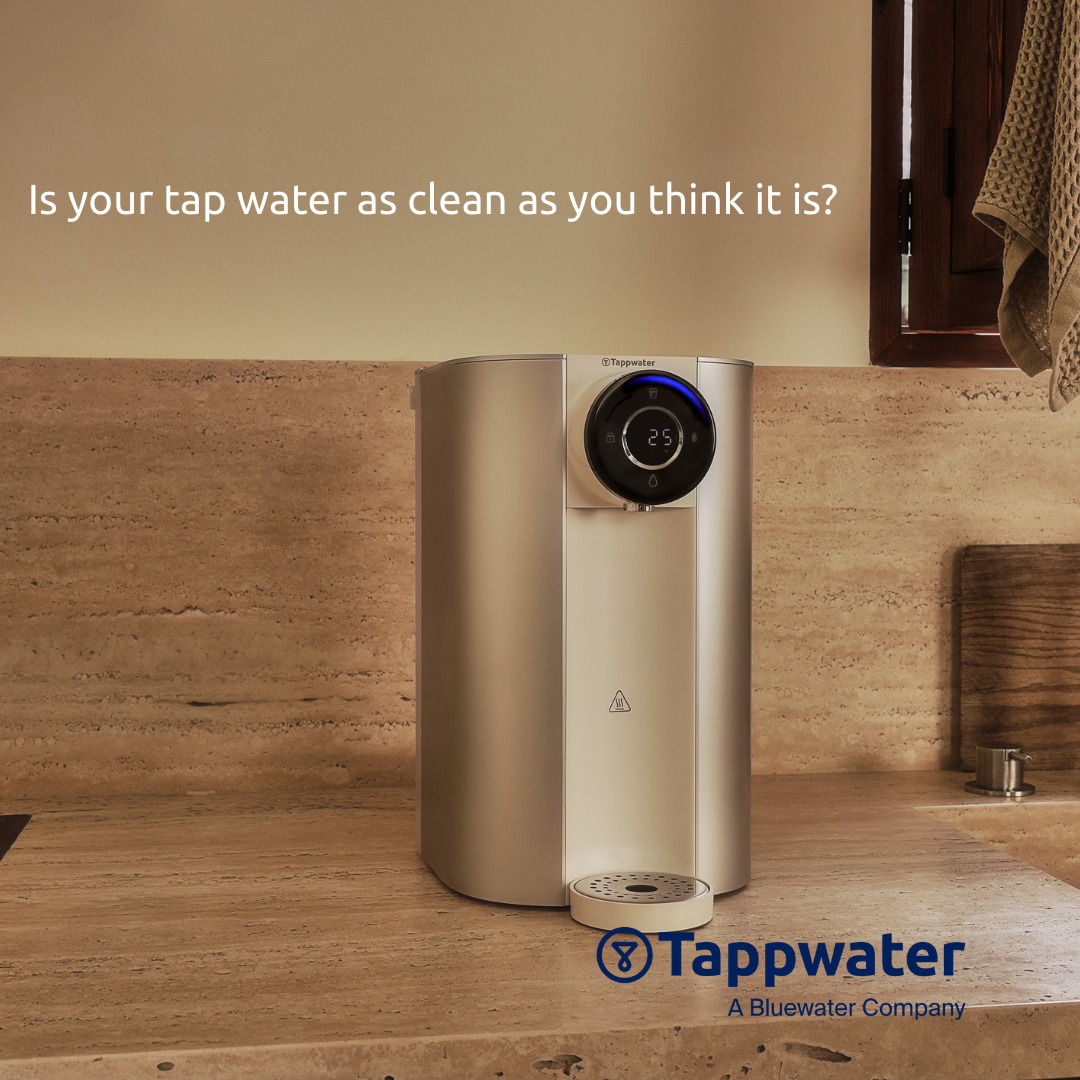

![[WATCH] Malta's Tap Water Challenge: The Tappwater Solution. A Look at the Science, the Tests, and the Deliciously Clean Results.](http://tappwater.mt/cdn/shop/articles/Why_We_lab_tested_maltas_water_Sqaure.png?v=1756738451&width=1080)
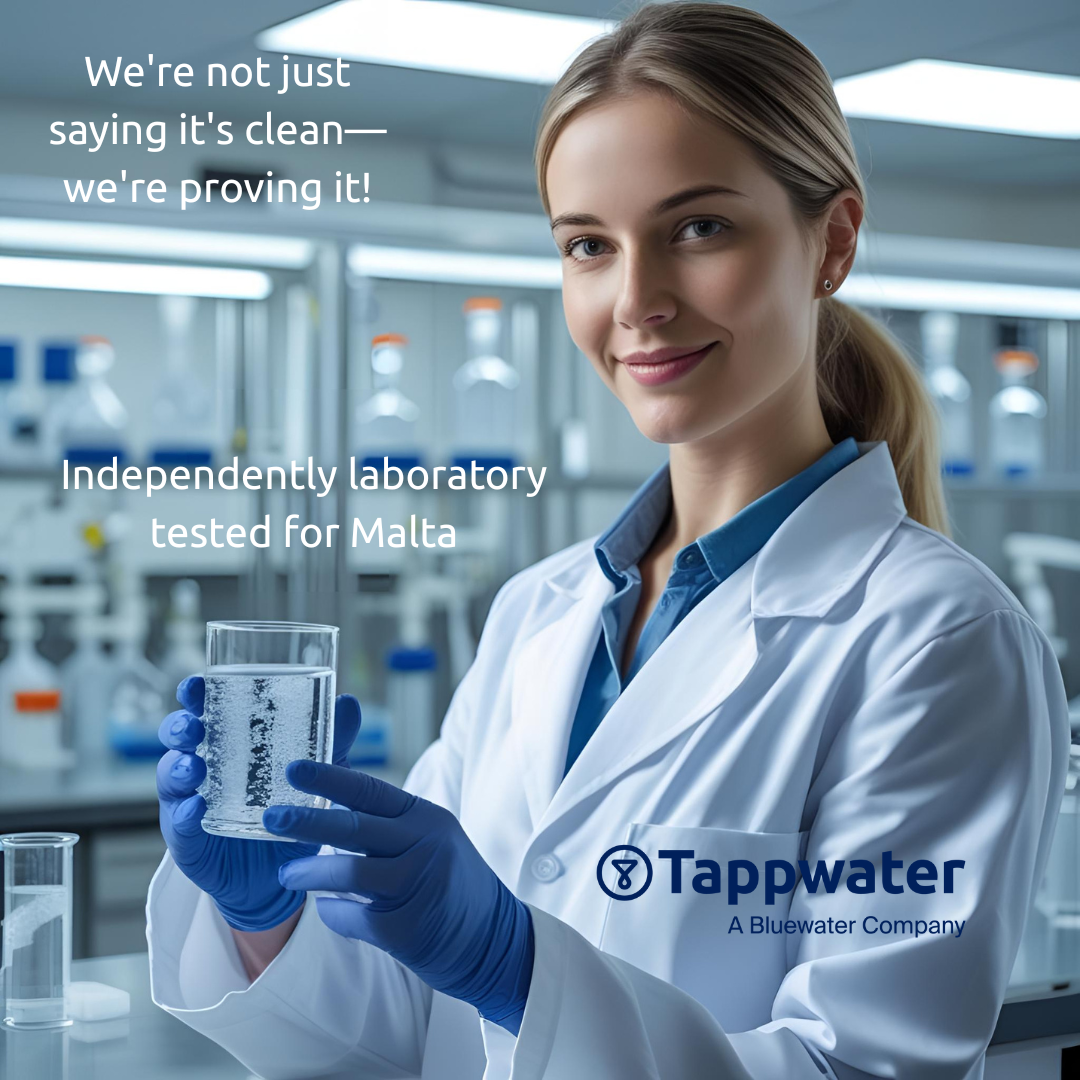
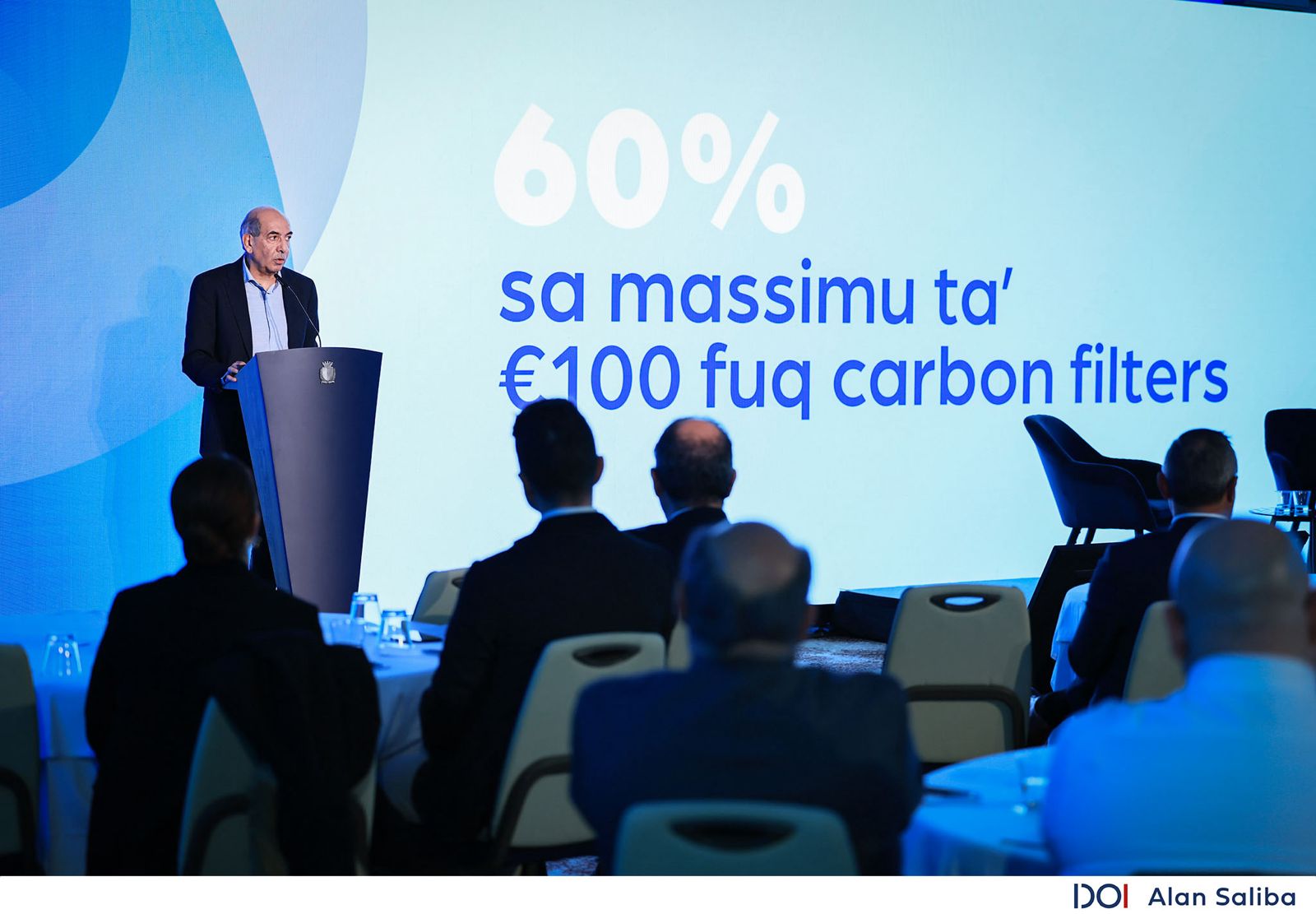
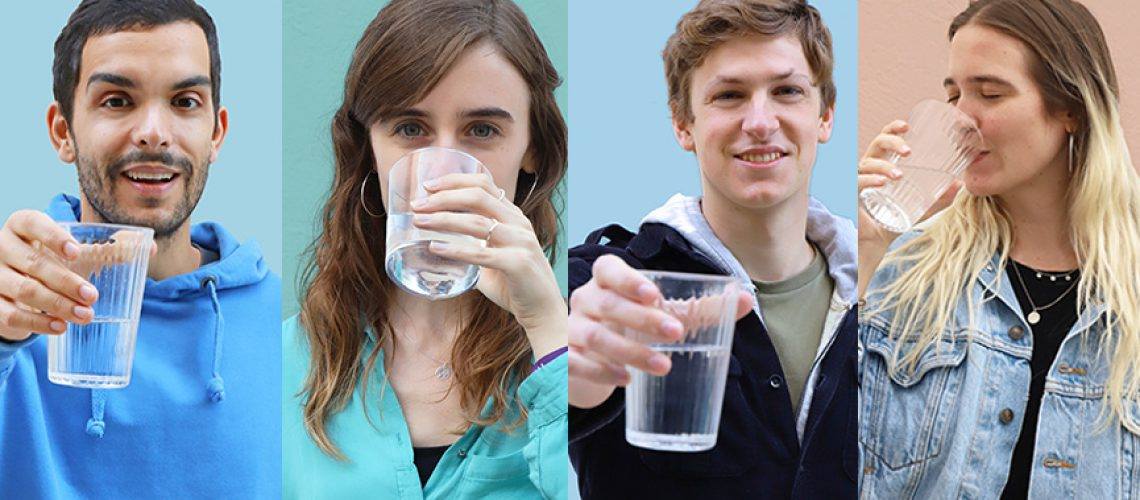
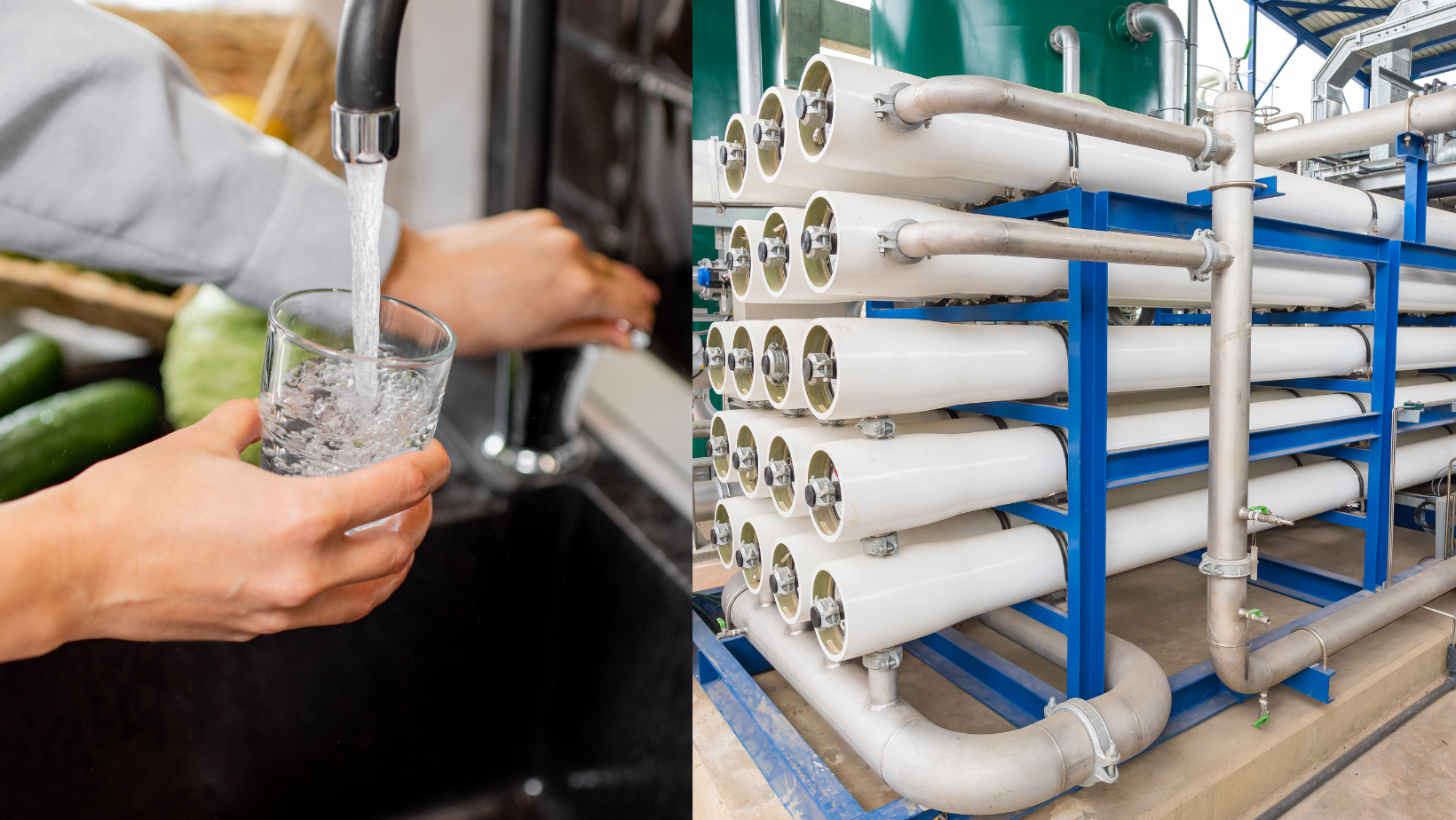
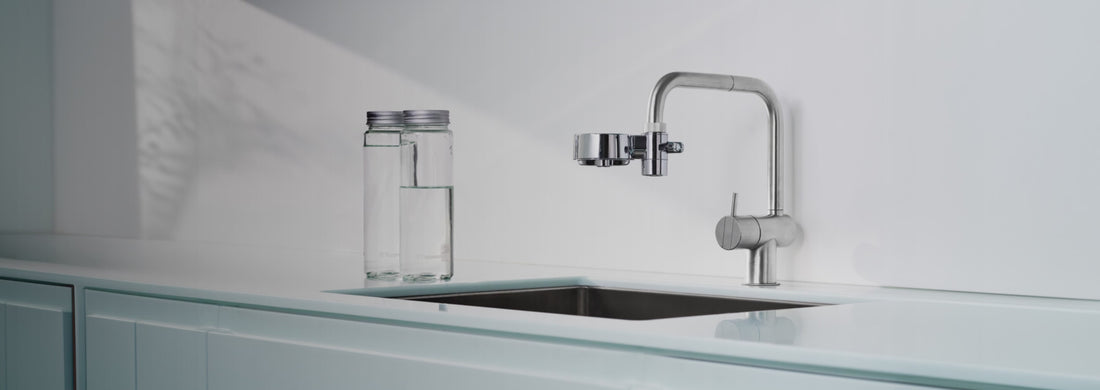

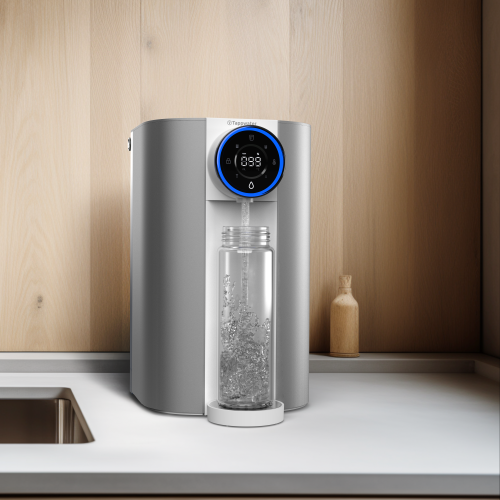
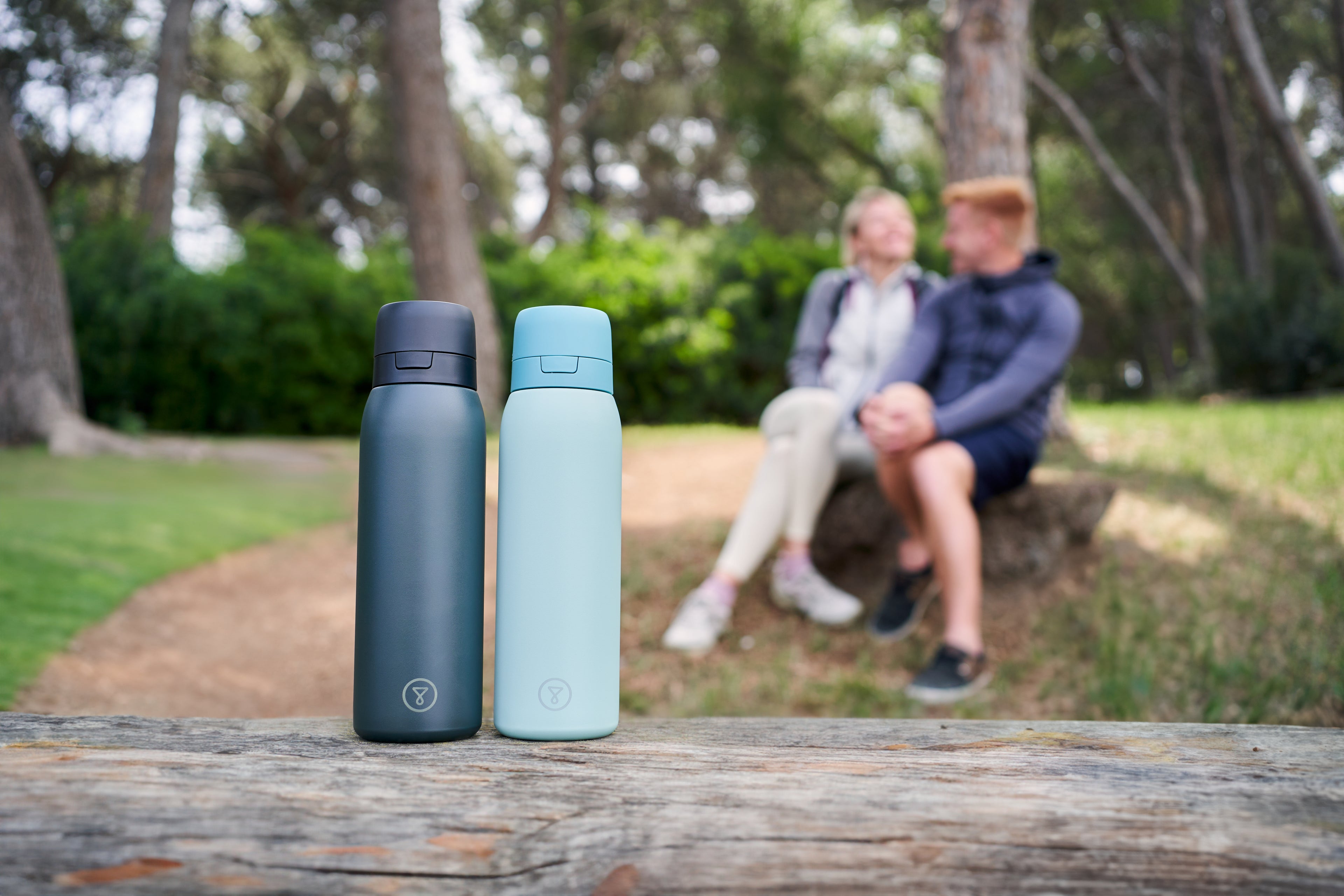
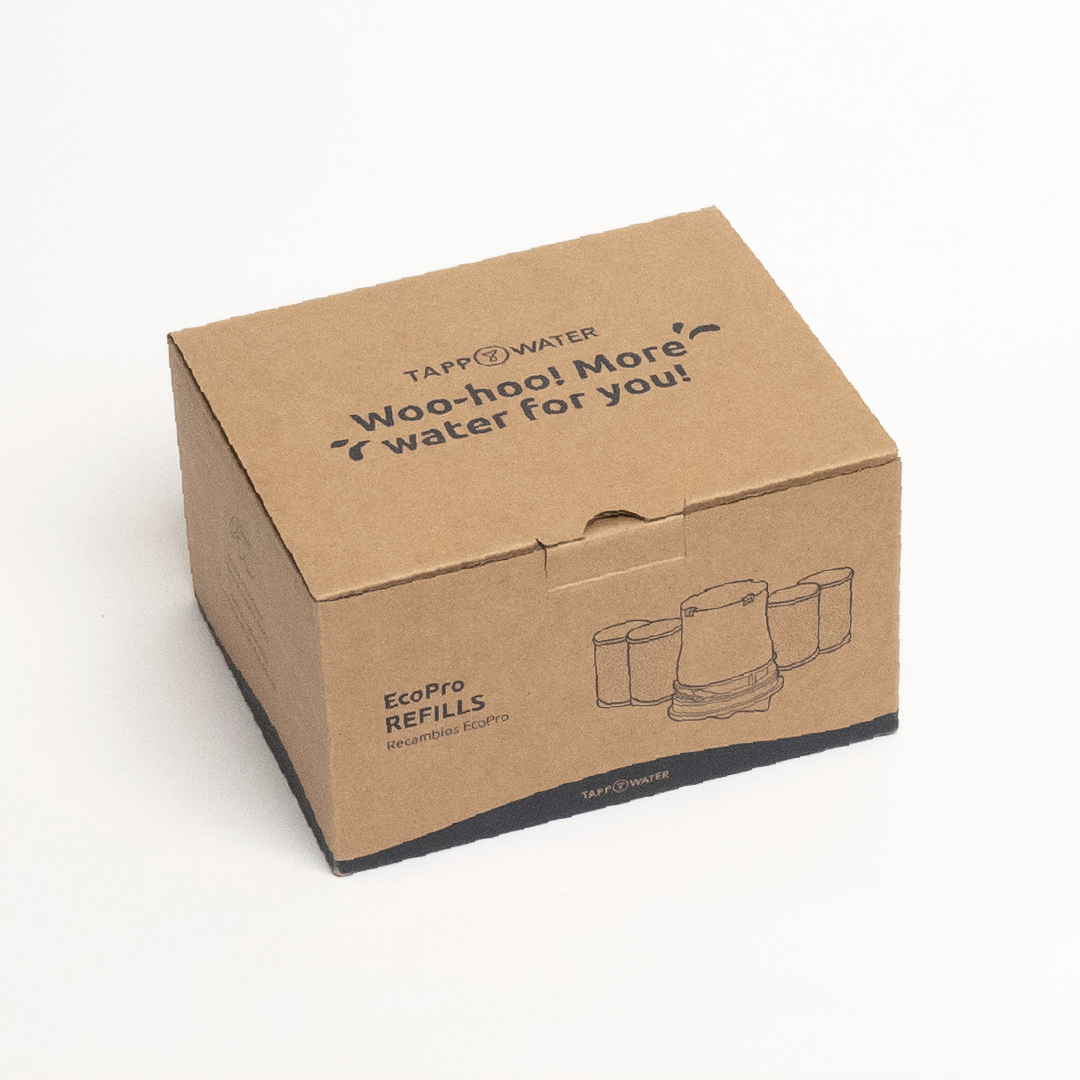
0 comments